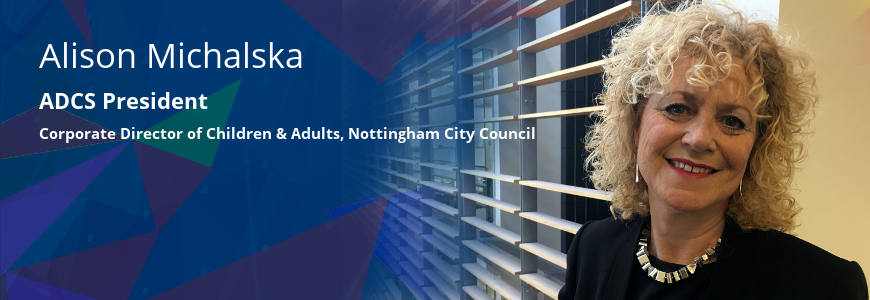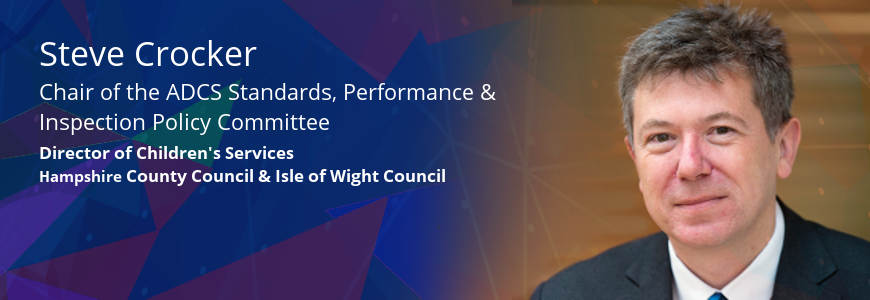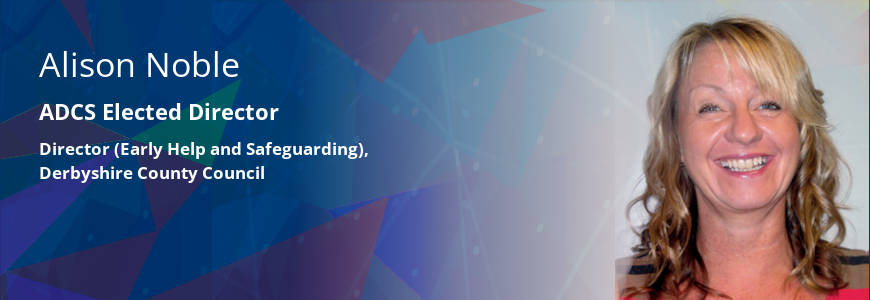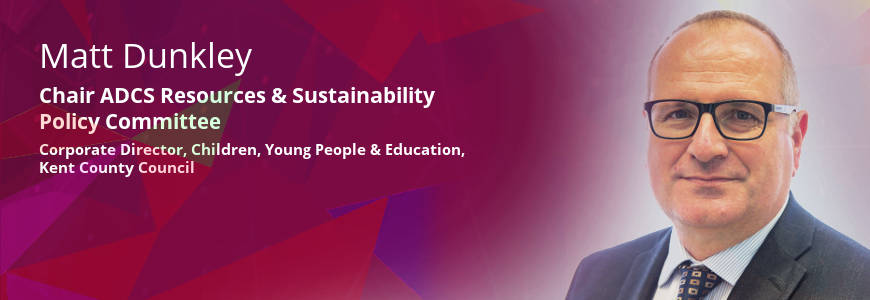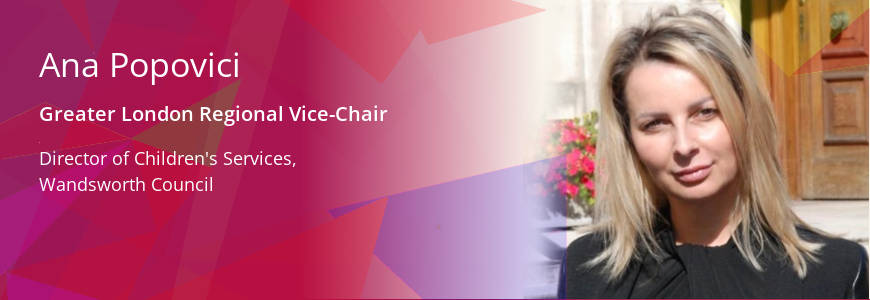Symptoms or Causes?

I was in a fascinating conversation with a policy type this week, apparently we have to tackle crime with young people more systematically?
This came on top of other conversations about the rise in the use of so called legal highs, illegal drugs and a serious upward trend in youth homelessness. I am tempted to just agree and set about finding the solutions to these and other issues facing DCS’s – then something in me snapped! “these are all symptoms, when can we talk about causes?”.
I would be the first to accept that if you have chronic symptoms then there is a cogent argument to stabilise these before the root cause can be dealt with, but I do worry that often we do not get beyond the symptoms.
I was impressed by a meeting that I had with Sophie Humphreys, the CEO at Pause who took the time to talk to me about the work that they do with women who have experienced or are at risk of repeat removal of their children from their care. The approach aims to break the cycle and give women the opportunity to develop new skills and responses and create a more positive future. Sophie took the time to talk to me about their philosophy and approach (and even bought me coffee). The Pause website has a beautifully created video, Lisa’s Story, that illustrates the approach very well.
The multiple removal of children into the care system is a ‘lose, lose’, and is the opposite of what we are all interested in. This example of dealing with the symptom is both expensive and leads to poor outcomes, indeed more than that it causes deep pain and damage.
As we look to innovate and improve we should be thinking about causes more and symptoms less. Loss and bereavement compounded over time by lack of support and help, are also a cause of such pain and the symptoms of unresolved grief are far reaching and long-lasting. Sadly gone are the days when bereavement services were available in most areas and for most people. The consequences of unresolved feelings of grief and loss are pernicious and seriously affect a person’s capacity to grow and develop.
So these are just some examples there are many more, as we commission and plan new services, let us all ask the question are we commissioning for symptoms or causes?
Related Blog Articles
Like most directors of children’s services (DCSs) I think I am pretty good at...
In General
Brave, brave, brave! This was the word bounding around my head as I sat beside...
In Care
This week marks my first as ADCS President. It promises to be an interesting and...
In General
Whilst there has been change in the leadership of ADCS over the years, the...
In Care
Foster carers are at the heart of our care system and carry out an invaluable...
In Care
I feel we are at the end of the beginning, rather than the beginning of the end....
In General
I am an optimist. I’ve also got a strong tendency to look forward and not...
In General
Whilst thinking about a theme to focus on for this blog I started to reflect on...
In Funding
Two years ago I remember sitting in my garden during the spring time of the...
In Care
As in all other regions the North East ADCS group has been investing...
In Inspection & Improvement
The recent change to guidance for shielded workers, allowing them to return to...
In General
In the week that “Freedom Day” was delayed for a month, almost as if it were...
In Safeguarding & Child Protection
It truly is a privilege to be a public servant, and together with colleagues and...
In Care
The varying number of national and regional initiatives, pathfinders and pilots...




